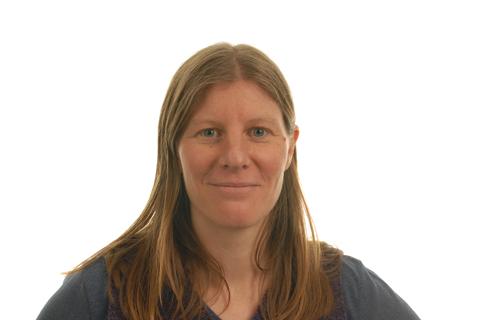
Lucy Gilbert
Institute of Biodiversity Animal Health and Comparative Medicine
Graham Kerr Building
University of Glasgow
Glasgow G12 8QQ
Biography
With a background in behavioural and evolutionary ecology, Lucy is an animal ecologist with an interest in multi-trophic and multi-ecosystem interactions. She currently focuses on three contrasting systems to address questions about connectivity and cascading effects through ecosystems:
1. Ticks and tick-borne pathogens, with a particular focus on identifying the environmental risk factors and potential control methods of Ixodes ricinus and Borrelia, the bacterial complex that causes Lyme disease, and Louping ill virus. Lucy addresses questions such as: What are the climate change implications for range shifts of ticks and tick-borne diseases? What are the implications of major land use changes such as re-afforestation, and how can we design/manage woodlands to maintain ecosystem services while also mitigating tick-borne disease exposure? How do different host types interact to drive tick-borne disease risk (with a particular interest in testing the Dilution Effect hypothesis, e.g. the impact of deer density on Lyme disease risk)?
2. Parasitoid wasp-insect herbivore-plant-mycorrhizal fungi interactions, with a strong interest in plant-plant signalling via underground fungal connections. Lucy seeks answers to the questions: What is the nature of the signal carried through fungal mycelia? How specific is the signal in terms of the insect pest type, the plant species and the mycorrhizal fungus species? How far can the signal be carried and between how many plants? What are the costs and benefits of the signal to the receiving plant and the carrying fungus?
3. Marine-terrestrial ecosystem interactions; specifically, how changes in the marine ecosystem impact on terrestrial soil, plant, invertebrate processes and biodiversity, via the action of marine nutrients carried by inland nesting seabirds. Of particular interest is how the fish discard ban (landing obligation) is forcing a change in diet of great skuas, from discarded fish onto other seabirds and, furthermore, how this may change colony attendance and nutrient transfer onto land, with cascading impacts through the terrestrial ecosystem.
Leading Ideas
Area of Strategic Research Programme
Further information the Scottish Government's Strategic Research Programme is available